出品 | 外宣微记
欢迎转发朋友圈,转载全文请申请授权
4月26日下午,中乌领导人通话,引世界关注。
 (资料图片仅供参考)
(资料图片仅供参考)
外媒报道时普遍引用中方的一句表态:
“作为联合国安理会常任理事国和负责任大国,我们既不会隔岸观火,也不会拱火浇油,更不干趁机牟利的事。”
官方这样翻译:
China would notsit idly by, nor would itadd oil to the fire, still lessexploit the situation for self gains.
《华盛顿邮报》和BBC分别这样翻译:
China would neitherwatch the fire from afar, noradd fuel to the flames, let aloneexploit the situation for profit.(Washington Post)
China would neitherwatch the fire from the other side, noradd fuel to the fire, let alonetake advantage of the crisis to profit. (BBC)
三种译法,一个意思,文刀君更喜欢《华盛顿邮报》的措辞。
“隔岸观火”“拱火浇油”都是以“火”作喻,既然以英文俗语“add fuel/oil to the fire/flames”译“拱火浇油”,则“隔岸观火”亦可把“fire”译出来,不耽误英文读者理解,且形象生动。
BBC照字面译“隔岸(from the other side)”,《华盛顿邮报》没有拘泥字面,用词更文雅(from afar),倒是与“隔岸观火”这一经典成语气质相符,且“firefrom afar”读来更有韵律。
“watch the fire from afar”即“watch the crisis unfold from a distance”,与舍弃“fire”形象的官方译法“stand idly by”意思上并无二致。
英译“趁机牟利”,官方译法与《华盛顿邮报》译法均选用“exploit”一词,比BBC的“take advantage of”简洁明快。
英国《金融时报》报道时转载官方译文,并补充道:这句话明显在暗怼美国(an apparent dig at the US)。
你感受到了吗?
标签

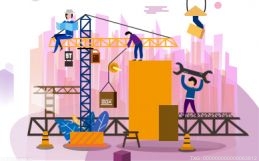
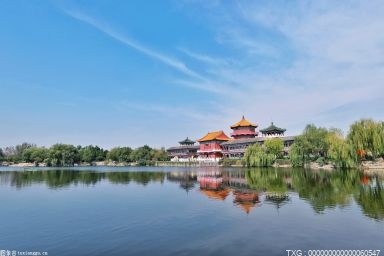

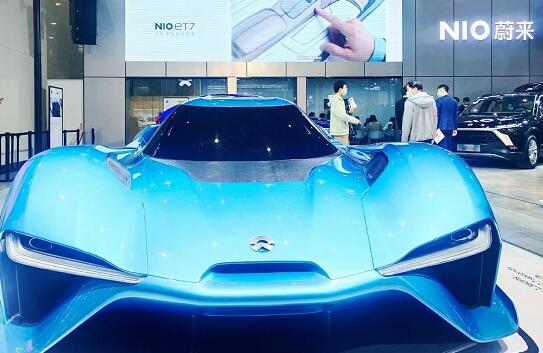
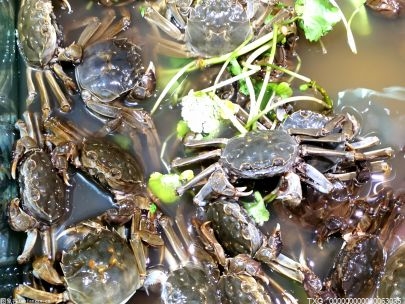
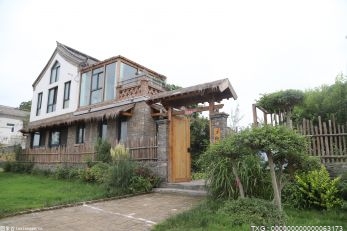




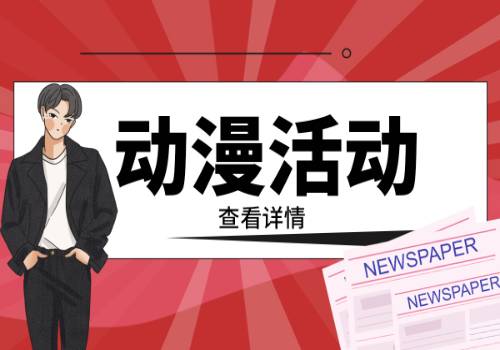



Copyright ? 2015-2022 亚太粮油网版权所有 备案号:沪ICP备2020036824号-11 联系邮箱: 562 66 29@qq.com